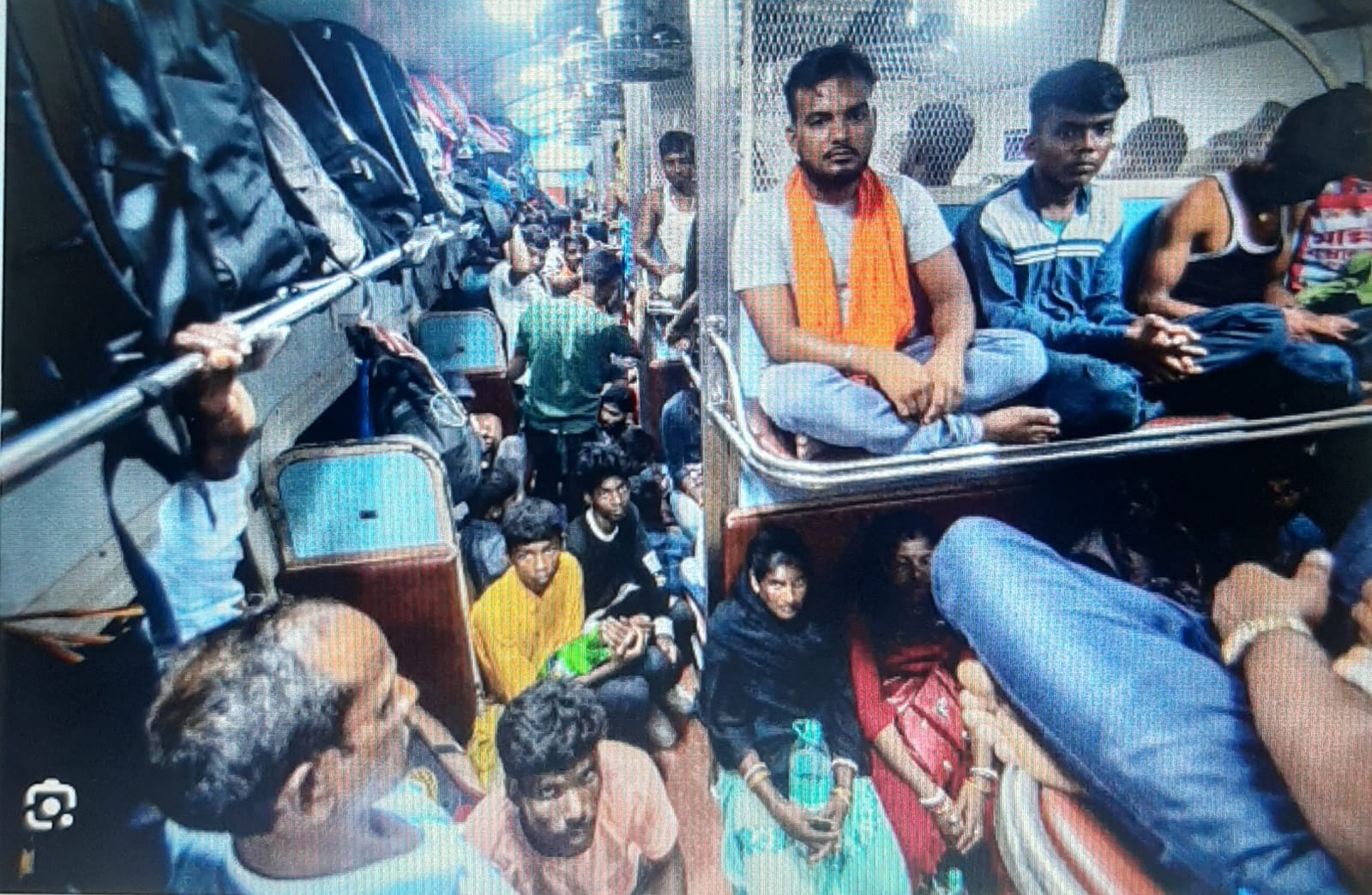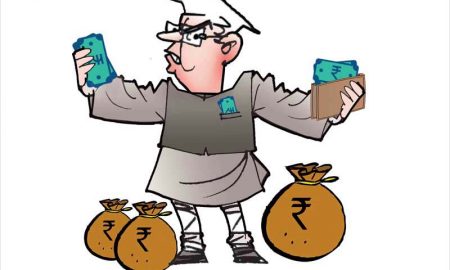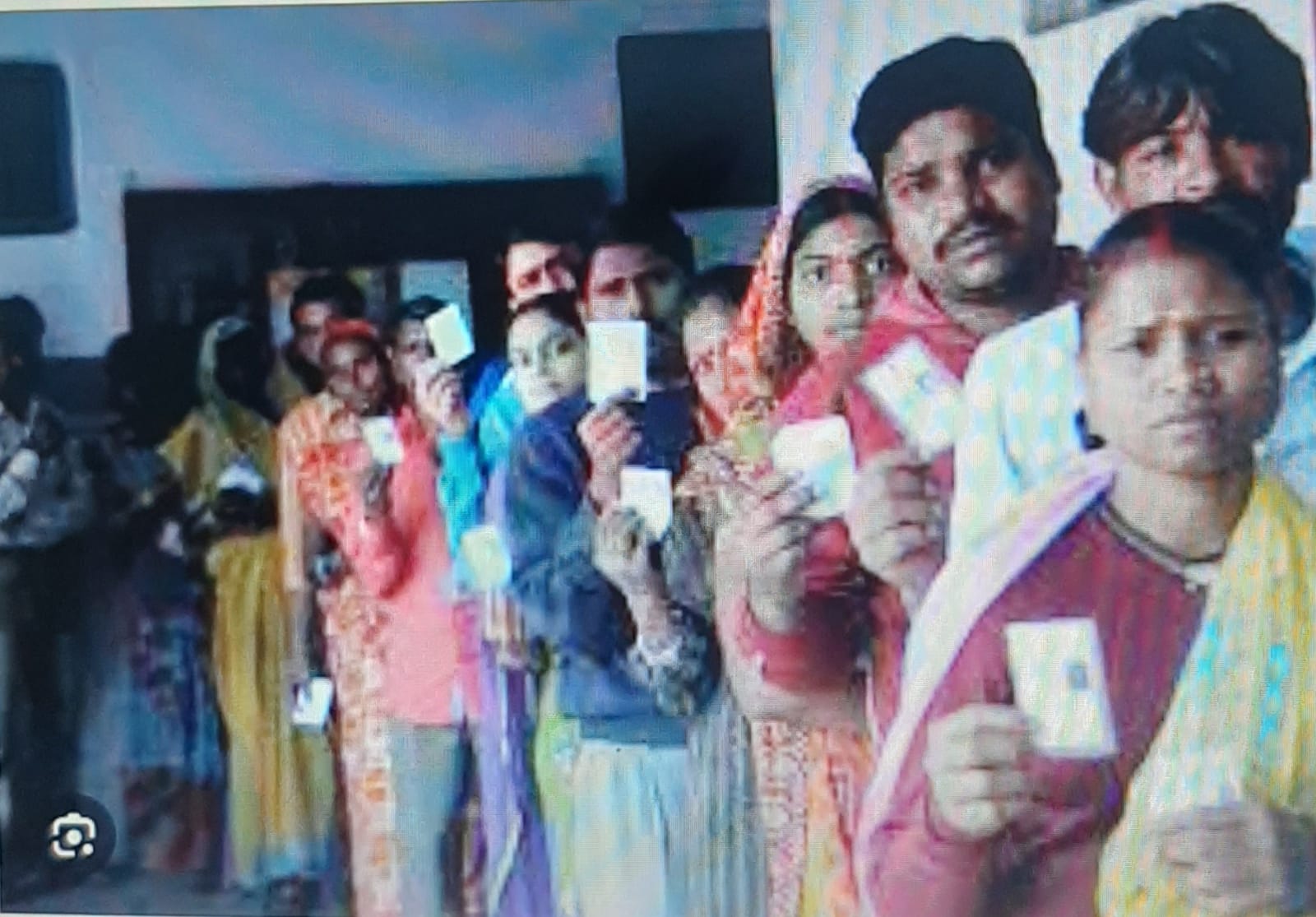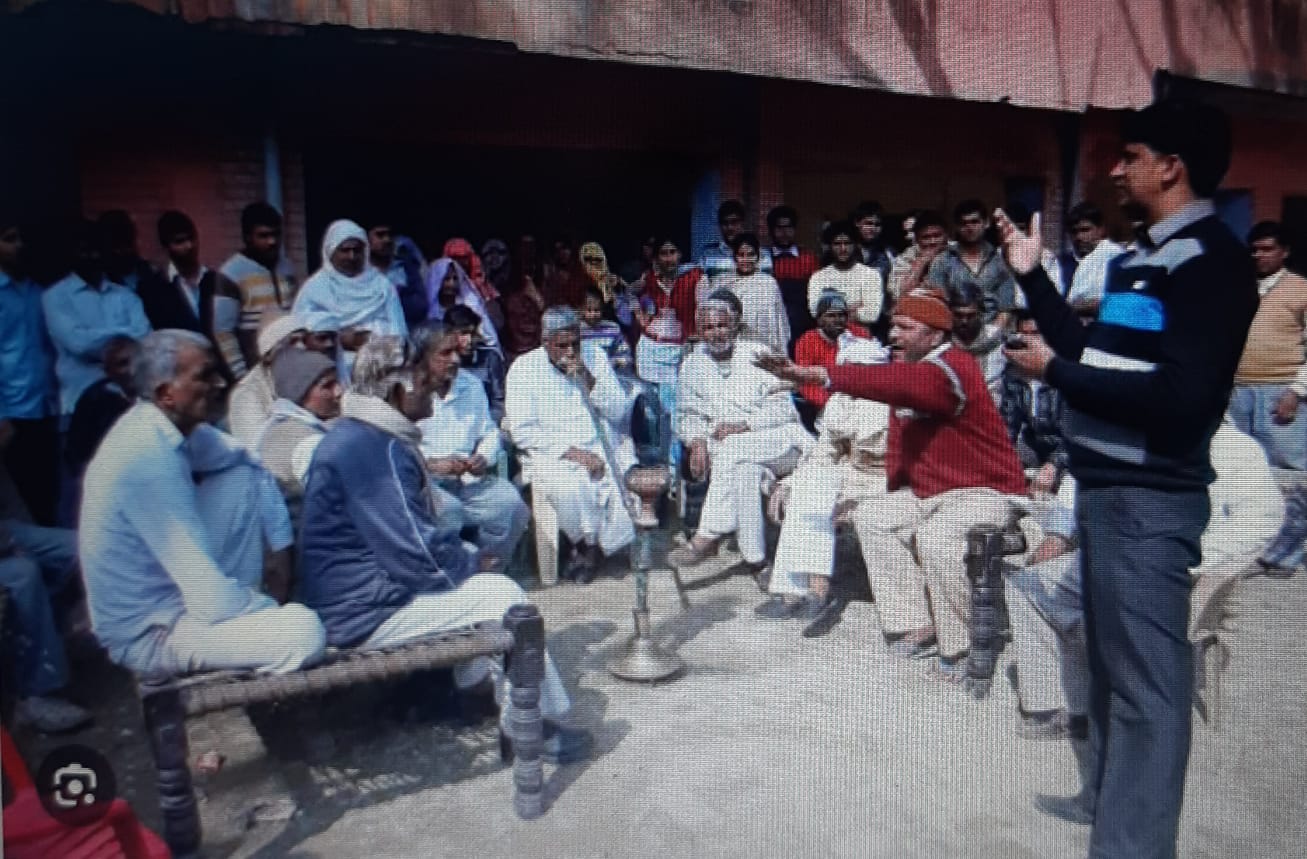
Indian Railways see no reason to fulfil their contractual obligations towards those passengers who have entered into a legitimate transaction with them and purchased a reserved seat or berth. The trains have no personnel on duty to ensure that those legally entitled to reserved seats are not deprived of their due. And it is important to bear in mind that reserved seats include the right to travel with dignity, writes former IAS officer Juthika Patankar
The train is getting crowded. There are no vacant seats, rather single seats are accommodating two, even three persons. There is hardly any standing room left either. On the three-seater reserved bench in the compartment, the passengers with valid reservations are being exhorted to move up and make space to seat three more. I am furious but there is, literally, no room for resistance. “There’s plenty of space, thoda adjust kijiye”, this is the arrogant refrain. The insinuation clearly is that those who do not give up part of their reserved place to fit in the non-reserved passengers are sadly wanting in kindliness, charity and decency. What happened to the legal and ethical right of those who paid for a reserved seat in accordance with the prescribed system of the Indian railways?
Travelling Ticket Examiners (TTE) routinely turn a blind eye to encroachment in the reserved compartments. Indeed they seize their chance to make money by selling already reserved space to non-reserved passengers. What is the remedy here for a person who respects rules, legality and the rule of law?
Indian Railways see no reason to fulfil their contractual obligations towards those passengers who have entered into a legitimate transaction with them and purchased a reserved seat or berth. The trains have no personnel on duty to ensure that those legally entitled to reserved seats are not deprived of their due. And it is important to bear in mind that reserved seats include the right to travel with dignity. A reserved seat or berth in a reserved coach is meant to give you space for free movement within the coach, access to toilets when needed and space to accommodate a reasonable amount of luggage. None of this is seen as necessary and mandatory to be honoured as a contractual obligation. To make matters worse for the system, the only way to avoid this breach of contract is by travelling on a high-priced fully reserved train like the Vande Bharat / Rajdhani Express / Shatabdi Express (provided, of course, that such a train is an available option on one’s route). In other words, the Railways shrug off their responsibility on all trains and only seem to adhere to some semblance of it on the luxury or high-priced express trains. You might hope for some justice if you are rich, not otherwise.
Many times in my job in the government I have been irked by persons telling me to adopt a ‘humanitarian approach’ and permit relaxations in personnel matters even when such relaxations are specifically disallowed by the rules. The argument for being ‘humanitarian’ like the plea for ‘adjustment’ in the train example above, is clearly specious. The rules and laws in a democracy and a welfare state are made, theoretically, on the principle of the greatest good of the greatest number. Social contract systems make these rules and laws binding on us all if we are to achieve the best outcomes for all in our transactions. If the law or rule is found wanting, there are other legal remedies prescribed in the system. A spurious humanitarianism actually assists in subverting and violating legitimate systems. The basic teaching of Bhagvad Gita (to which every Hindu swears by) is to spare none who sides with ‘injustice’ yet in everyday life we have made it a habit to give a short shrift to rule of law which is designed to prevent ‘injustice’!
The edifice of every successful and efficient system is built on the foundation of these multiple, apparently minor, instances of establishing the rule of law. Unless we recognise this as citizens and scrupulously uphold legality and the rule of law in all our daily transactions, we will never become the developed, prosperous civilised country we aspire to be. The most complex engineering marvels which contribute to our state-of-the-art infrastructure will work only if we have ingrained within ourselves the respect for ethicality and the honouring of all legitimate contractual obligations towards our fellow-citizens. As individuals and as part of institutions, big and small, we have to uphold the Rule of Law. It is in our lasting interest to do so.
(Juthika Patankar is a Visiting Faculty in Gokhale Institute of Politics & Economics and a former Civil Servant. Views expressed are personal.)









